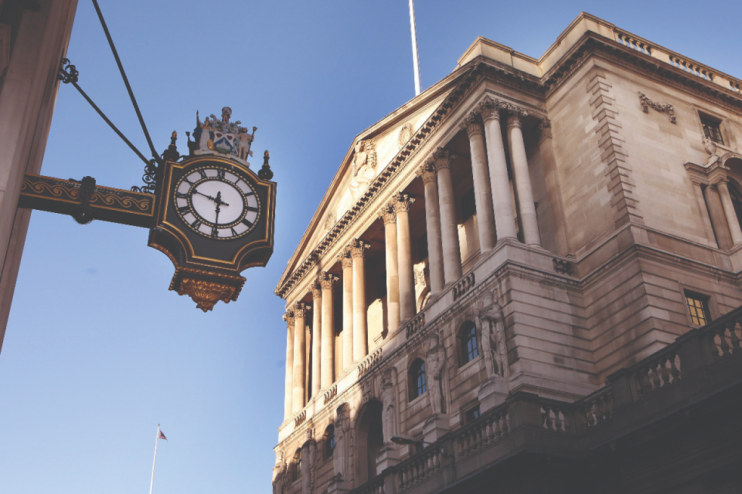Bank of England cuts interest rates but warns Budget will stoke inflation

The Bank of England has cut interest rates by 25 basis points but signalled that it would take a “gradual” approach to further rate cuts as the impact of the Budget filters through the economy.
Eight members of the Bank’s Monetary Policy Committee (MPC) voted to cut rates for the second time this year, with only Catherine Mann dissenting.
It means that the benchmark Bank Rate stands at 4.75 per cent, down from a peak of 5.25 per cent. The Bank cut interest rates for the first time since the pandemic back in August.
The decision was widely expected by markets given the progress on inflation in recent months. Figures out last month showed that the headline rate fell to 1.7 per cent in September, its lowest level since April 2021.
Inflation pressures ease
Underlying measures of inflation, such as services inflation and wage growth, have also continued easing, suggesting that domestic price pressures are waning.
“If the economy evolves as we expect, it’s likely that interest rates will continue to fall gradually from here,” Andrew Bailey, Governor of the Bank, said.
However, Bailey stressed that the Bank “can’t cut interest rates too quickly or by too much”, given lingering concerns over inflationary dynamics.
In particular, the Bank flagged the potential inflationary implications of the new government’s first Budget.
Chancellor Rachel Reeves announced around £40bn in tax rises last week, helping to fund an average £70bn increase in annual spending. The Bank said the combination of tax rises and spending increases will force up inflation and boost growth.
In its latest forecasts, Bank officials projected that inflation would be around half a percentage point higher as a result of the Budget, peaking at 2.75 per cent in the middle of 2025.
Inflation will then return to target in early 2027, around a year later than previously forecast.
It also flagged uncertainty about the potential inflationary impact of the hike to employers’ national insurance.
Bank of England warns on Budget fallout
Bank officials suggested there was a great deal of uncertainty about the likely impact of the tax rises, suggesting it would depend on “the degree and speed with which these higher costs pass through into prices, profit margins, wages and employment”.
Compared to the Office for Budget Responsibility, the Bank expects businesses to absorb slightly more of the higher costs in profit margins rather than cutting wages for workers.
However, it still suggested the measures would contribute to a “small decrease in potential supply” and a “small upward impact on inflation”.
The Budget will also boost growth by around 0.75 per cent compared to August’s forecasts, the Bank said. This would see annual growth in 2025 pick up to 1.75 per cent, up from around one per cent this year.
“This reflects the stronger, and relatively front-loaded, paths for government consumption and investment more than offsetting the impact on growth of higher taxes,” the Bank said.
Growth will then fall back to 1.1 per cent in 2026 as the economy builds up some spare capacity, the central bank said. It said the growth would reflect both the restrictive stance of monetary policy and fiscal tightening.
The forecasts were based on the assumption that the Bank Rate would fall to around 3.75 per cent by the end of next year.
Traders have dialled back their expectations for rate cuts due to the Budget, anticipating just two or three rate cuts in 2025.
Leaving aside the potential inflationary impacts of the Budget, Bank officials continued to flag concerns about the persistence of services inflation.
Services inflation, which is seen as a good gauge of domestic price pressures, fell to 4.9 per cent in September, well below the Bank’s expectations.
But Bank officials warned that some of the decrease in services inflation was driven by “volatile caterogries”, some of which are expected to unwind.
“Services price inflation was expected to remain broadly unchanged over the next six months,” it said.
The US Federal Reserve will announce its latest interest rate decision later this evening. Investors expect the Fed to cut rates by 25 basis points despite the uncertainty caused by Trump’s election victory.